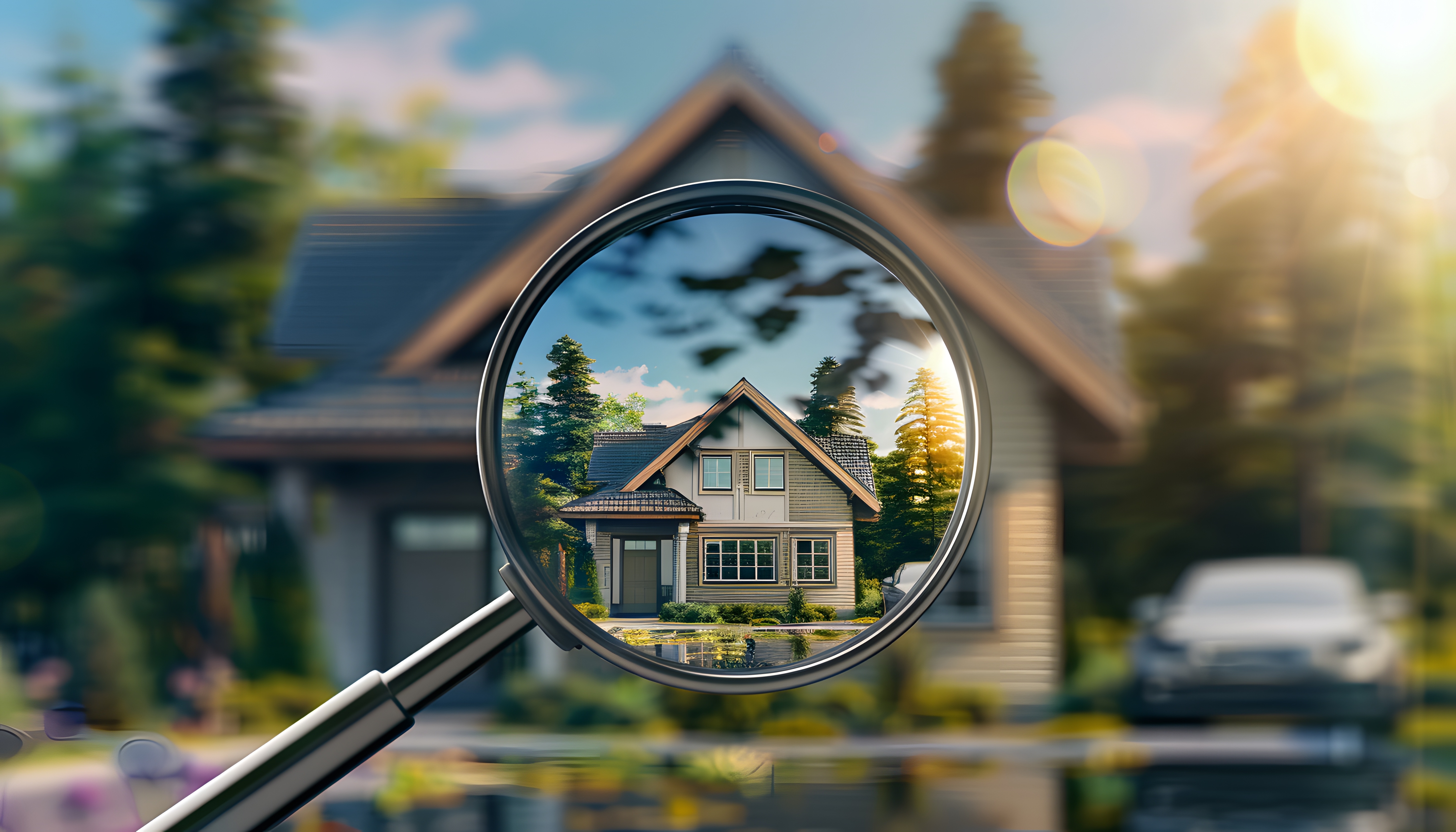Why Inspections Matter for Rental Property Owners
A well-maintained rental property protects your investment and keeps tenants happy. Yet many rental property owners only discover problems when a small issue turns into a major repair.
Regular inspections allow you to catch maintenance concerns early, ensure compliance with safety standards, and preserve the long-term value of your property. They’re one of the simplest — and most overlooked — ways to reduce stress and costs as a landlord.
So, how often should you inspect your rental property? The answer depends on timing, purpose, and communication.
Before Tenant Move-In
A detailed move-in inspection sets expectations for both you and your new tenant. Walk through the property together and document the condition of every space — walls, floors, fixtures, and appliances.
Use photos, videos, and a written inspection checklist signed by both parties. This documentation establishes a baseline for the property’s condition and helps avoid disputes about the security deposit later.
Example: One PMI North Atlanta client prevented a $1,200 deposit dispute when clear move-in photos proved that wall damage existed before the new tenant moved in.
Yearly Maintenance Inspections
Plan for at least one general inspection each year. These visits help you catch small issues before they become costly repairs and confirm that tenants are following lease terms.
During these inspections, look for:
Plumbing leaks or water stains
HVAC performance and filter replacement
Roof or gutter damage
Electrical safety issues
Signs of pest activity
Routine maintenance inspections show tenants that you care about the property’s condition and their comfort. This builds trust and increases the likelihood of lease renewals.
To simplify this process, PMI North Atlanta’s full-service management includes optional scheduled inspections and detailed reporting for each property under management.
Seasonal Safety Inspections
The North Atlanta suburbs experience humid summers and cool, wet winters — both of which can stress building systems. Seasonal inspections keep your property weather-ready and prevent preventable damage.
Before summer, inspect:
Air conditioning units
Window seals and weatherstripping
Lawn irrigation and drainage
Before winter, check:
Heating systems and vents
Gutter and downspout cleaning
Roof condition and insulation
Seasonal inspections may seem small, but they often prevent thousands in emergency repair costs.
At Lease Renewal or Move-Out
Before renewing a lease — or immediately after a tenant moves out — conduct a detailed inspection. Compare the property’s current state with your original move-in documentation.
Address any wear and tear, repair damage, and plan updates before marketing the property to new tenants. This process helps you maintain your property’s condition while keeping it market-ready for the next renter.
For more insight on managing smooth tenant transitions, see our guide on smart leasing strategies for rental property owners.
The Right Inspection Schedule Protects Your Investment
Regular inspections are one of the most effective ways to safeguard your rental property and reduce stress as an owner. They prevent small problems from escalating, protect tenant satisfaction, and maintain your property’s long-term value.
If scheduling inspections feels overwhelming, PMI North Atlanta can help. Our experienced team handles every step — from move-in documentation and routine maintenance checks to detailed turnover inspections.
Contact PMI North Atlanta today to learn how our proactive inspection approach can keep your rental properties in top shape year-round.


